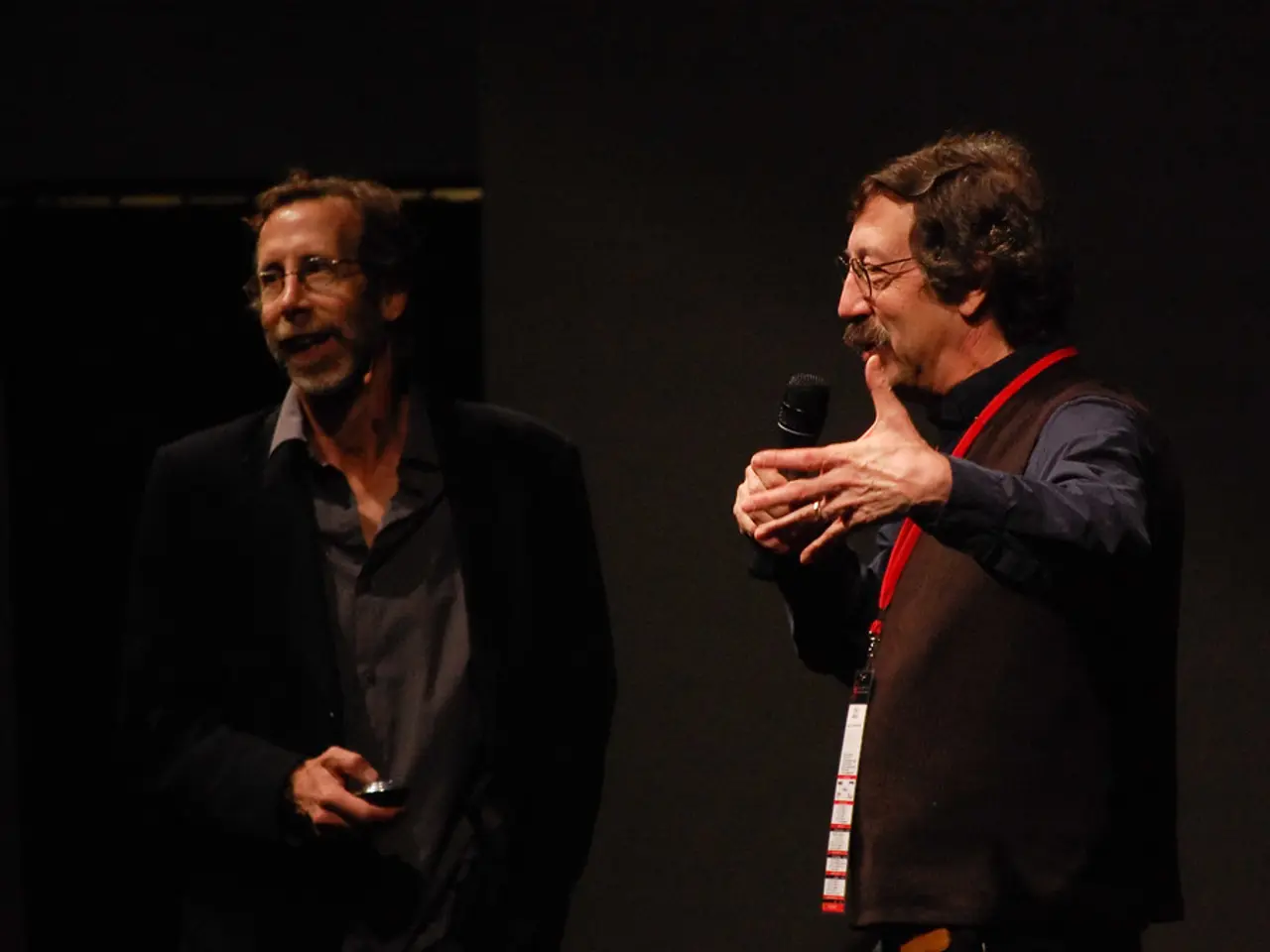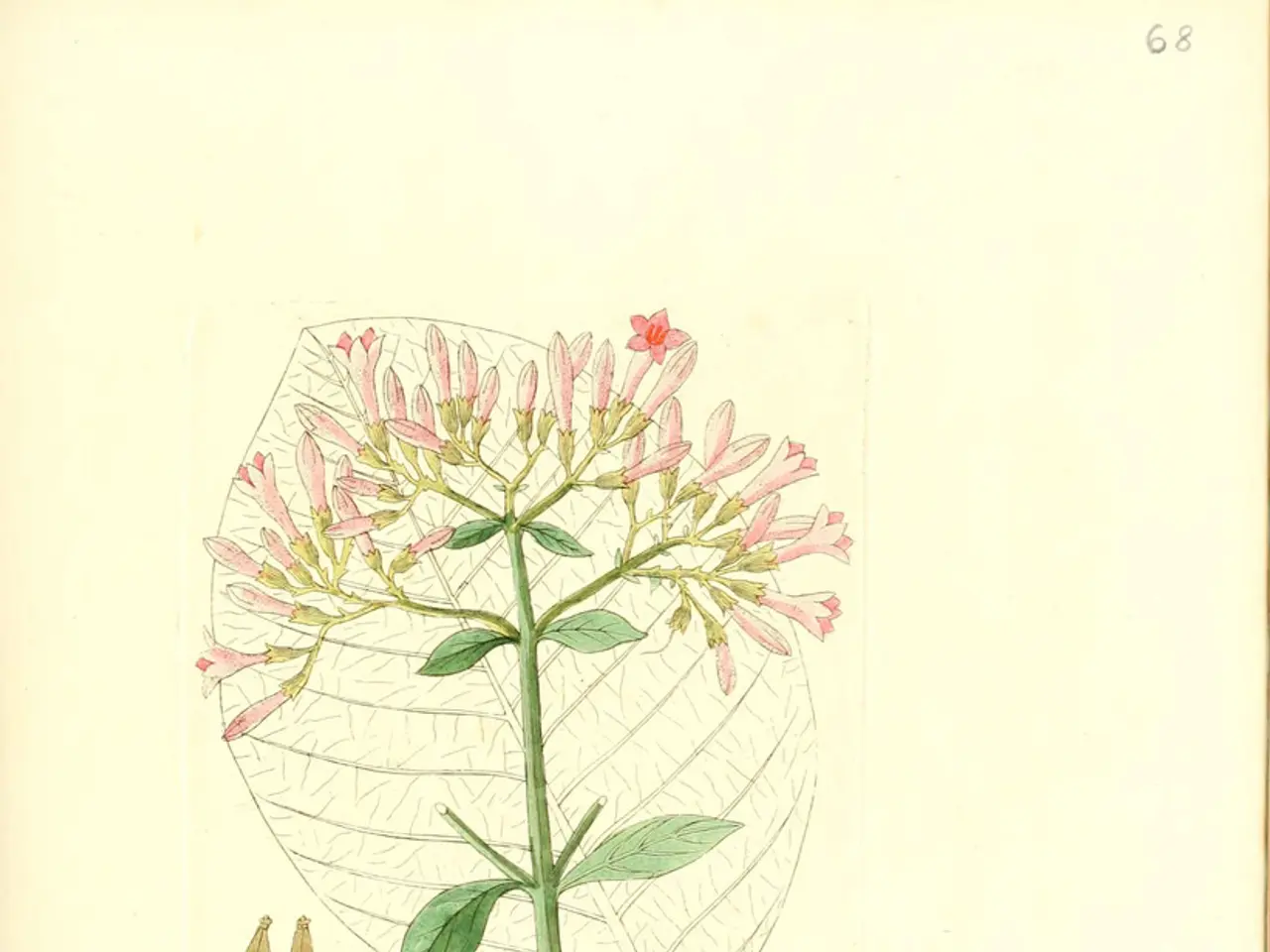Expressing sympathy for someone who has sneezed in Italian: Grasping the Italian custom of expressing well-wishes
In Italian, the most common way to say "Bless you" after someone sneezes is "Salute!", which literally means "Health!" This is the standard and widely used expression similar to "Bless you" in English.
The History of "Salute!"
The tradition of saying "Salute!" after someone sneezes dates back centuries, with roots in various beliefs and superstitions. Originally, it was believed that sneezing was a sign of illness or demonic possession, and "Salute!" was a way to wish them good health and protection. Today, saying "Salute!" (or its equivalent in other languages) remains a common courtesy, a sign of politeness and consideration.
Other Expressions to Know
While "Salute!" is the most common, there are other expressions to be aware of:
- "Dio ti benedica" (God bless you) — a more religious and formal phrase, used less casually than "Salute!".
- "Saluti" — meaning "Greetings" or "Regards," sometimes used but not standard for sneezing.
Cultural Nuances
- "Salute!" is by far the most common and socially expected phrase immediately after someone sneezes in Italy. It is considered polite and appropriate in almost all contexts.
- Using "Dio ti benedica" may sound overly formal or religious in everyday casual settings and can come across as old-fashioned or very serious.
- Unlike some cultures, there is no strong superstition tied to the phrase in Italy; it is simply a courteous response.
- In informal or family settings, people might just smile or say nothing at all, but saying "Salute!" is always well-received and indicates good manners.
- The tone and warmth in which you say it can matter more culturally than variations in phrasing, given the straightforwardness of the expression.
Expanding Your Italian Vocabulary
- Come stai? (How are you?) and Spero che tu stia meglio (I hope you feel better) are essential phrases to know when interacting with Italian speakers.
- Another option to express the same sentiment in Italian is "Auguri!", which translates to "best wishes" or "good luck".
- "Riprenditi presto" means "Get well soon" and is another way to wish someone a speedy recovery.
- "Hai bisogno di qualcosa?" translates to "Do you need anything?" and is a kind gesture offering help to someone who is feeling unwell.
A Few More Tips
- Avoid overthinking the response and using formal language in informal settings when saying "Salute!".
- It's important to pronounce "Salute!" correctly, with the emphasis on the second syllable: sa-LU-te.
- Regional variations and dialects in Italy might have their own unique expressions for saying "Bless you".
- You can add emphasis or personalization to "Salute!" by saying it with a more heartfelt tone or slightly elongating the word.
In summary, "Salute!" is the default phrase for "Bless you" in Italian with mostly secular usage and straightforward polite intent, while religious or alternative versions exist but are less common and context-sensitive.
In the context of health-and-wellness, understanding the Italian expression "Salute!" is essential, as it is the standard and widely-used response when someone sneezes in Italy. Furthermore, introducing the concept of fitness-and-exercise, a heartfelt tone or slightly elongating "Salute!" can add a personal touch to this simple lifestyle greeting.




